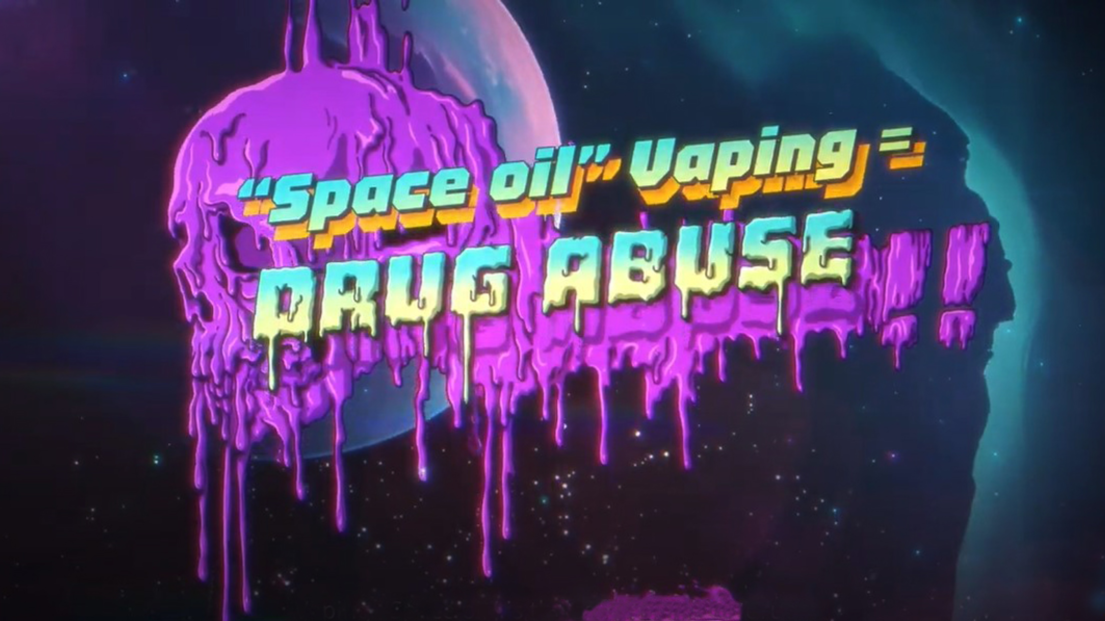
Hong Kong's security chief Chris Tang Ping-keung said on Tuesday that local authorities will soon launch a campaign to rename the recreational drug commonly known as “space oil drug” to reduce its appeal.
In an exclusive interview with China Daily, he said the anesthetic’s current English-language nickname, “space oil”, misleadingly suggests an exciting experience.
“We must make it clear — this is just a drug, nothing more. It will only do harm to your body,” said the secretary for security. He warned that the drug has severe side effects, including loss of body control, hair loss, and even sexual-organ deformities.
READ MORE: HK classifies main ingredient of space oil as dangerous drug
Space oil, often vaped through e-cigarettes, can produce short-term euphoria and cause addiction.
The drug has seen a worrying spread in the community in recent years, especially among young people.
In 2024, the city reported 226 users of space oil among those 21 and younger. In just the first quarter of this year, the number was already at 128, making it the most common drug abused in this age group.
Concerns over the narcotic’s popularity have led to discussions that its current monicker could conceal its harmful nature and even have glamorous connotations to people that lacks understanding of it.
At a Legislative Council (LegCo) meeting in June, Lawmaker Dennis Lam Shun-chiu criticized the nickname for romanticizing the drug, and proposed a contest to determinate a new name for the narcotic.
READ MORE: HK customs seizes ‘space oil’ ingredient worth HK$14 million
The main ingredient of space oil is etomidate, a prescription anesthetic. Since February, the Hong Kong Special Administrative Region government has successively classified etomidate and all its analogues as dangerous drugs, a significant step to combat their abuse.
Under the Dangerous Drugs Ordinance, trafficking and illicit manufacturing etomidate and its analogues are punishable by up to life imprisonment and a fine of up to HK$5 million ($636,900), while possessing and consuming these substances in contravention of the ordinance can lead to a maximum sentence of seven years in prison and a fine of HK$1 million.
Starting with the upcoming school year, the government will include etomidate in school drug testing programs under the Healthy School Program to enhance youth vigilance.
Contact the writer at stacyshi@chinadailyhk.com


